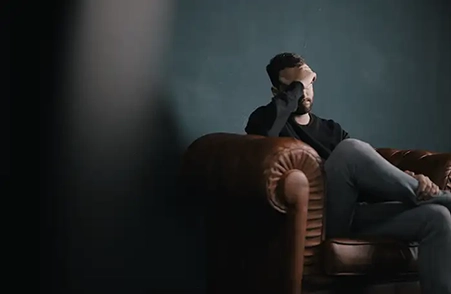Domestic Violence Programs
24-Hour Crisis Hotline
Specially trained advocates for crisis intervention are accessible round the clock, seven days a week, to address inquiries and provide assistance during crises.
Phone
Toll Free
Our Services

Teen Dating Violence Prevention Education
Curriculums based on Hazelden’s research, known as Safe Dates, are offered for teaching in middle schools and high schools, with options for 4, 3, or 1 lesson formats.

45-Day Crisis Shelter
Safety from violence is provided through Shelter Care for 45 days. This program is designed for crisis intervention and is not a long-term solution. After 45 days, clients must transition to another program or permanent housing. FSA uses HMIS; for details, click the link below.

Rapid Re-Housing Program
Survivors of domestic violence qualify for the Rapid Re-Housing (RRH) Program, utilizing a housing-first approach. The program’s goal is to swiftly transition homeless individuals or families into permanent housing, fostering stability through rental assistance and supportive services like case management and budget planning.

Weekly Support Groups
All shelter residents are required to attend support groups on Tuesdays and Thursdays at 10 a.m.
The support groups are open to anyone who has experienced domestic violence even if they are not currently a resident of the shelter.

1-on-1 Case Management Services
Clients can meet with Case Managers for information, referrals, and guidance, whether they are in the process of leaving or have already left an abusive relationship. Case management services are open to anyone with questions about domestic violence, even if they are not presently residing in the shelter.

Annual Program Statistics
Here are the annual statistics for our domestic violence programs.
How Can You Help?
The Domestic Violence Shelter is always in need of various items for the women and children at the shelter.
Listed in the Domestic Violence Shelter Wish List are some items that would be greatly appreciated. You can drop off donations at the Family Service Association, 618 S. Main Street in Kokomo. Thank you for your support!


Who Are Victims?
Domestic violence is a social epidemic that touches the lives of women (and men in some cases) of all ages, races, religions, educational backgrounds and socioeconomic status.
No one is totally immune and although most people want to think it only affects others, these victims could be your mother, daughter, sister, best friend or co-worker. If you consider the fact that a woman is abused every nine seconds by a former or current intimate partner, that totals over 22 million attacks per year and you more than likely know at least one of these victims.
What Is An Abuser?
Abusive behavior is often learned, with over 80% of abusers growing up in abusive homes. Without change, they may pass on this behavior to their children. Abusers might seem normal and protective to others, but the victim knows the truth. It’s crucial to note that abusive relationships aren’t limited to men abusing women; women can be abusers too, and abuse can be severe in same-sex relationships. Regardless, there are victims, abusers, and often children caught in the Cycle of Violence.


What Is Abusive Behavior?
Domestic violence goes beyond physical harm; it includes emotional, financial, and sexual abuse, as well as controlling behaviors in various aspects of life. Threats against victims, their children, or others are common tactics. Repetitive abusers often avoid leaving visible signs on their victims.
Why Don’t They Just LEAVE?
Fear of not being alone with the children to take them away.
Concerns about increased violence if they leave.
Statistics indicate a 70% higher chance of being murdered after leaving the abuser.
Lack of resources to support themselves and their children.
Absence of family support
In some cases, the family may side with the abuser.
Belief in threats to take away children or harm loved ones if they try to leave.
A significant reason is often, love with the hope that things will change if they try hard enough.
Facts About Domestic Violence
Every 9 seconds, a woman in the U.S. is abused by her current or former husband or intimate partner.
The FBI states that between 1,500 and 2,000 female murder victims are murdered each year by a current or former partner.
81% of men who batter had fathers who abused their mothers.
Children raised in violent homes are 74% more likely to commit assaults.
It has been estimated that 80% of the young men between 13 and 17 years old who are incarcerated are there due to an assault or murder against their mother’s abuser.
81% of women with a history of suicide attempts had experienced domestic violence at some point in their lives.
During a recent study, it was found that approximately half of the women on death row were there for the murder of an abusive partner.
The average number of times for a woman to leave an abuser before she finds a way to stay out is seven. Often they feel that the legal and social service systems are tired of helping her.
Get in Touch!
Our Location
Family Service Association
618 S. Main Street
Kokomo, IN 46901
Call Us
765.457.9313
Hours
Monday-Thursday 8:30am-5pm
Friday 8:30am-3:00pm
Contact Us
Contact us below for any questions or comments you have for us!
